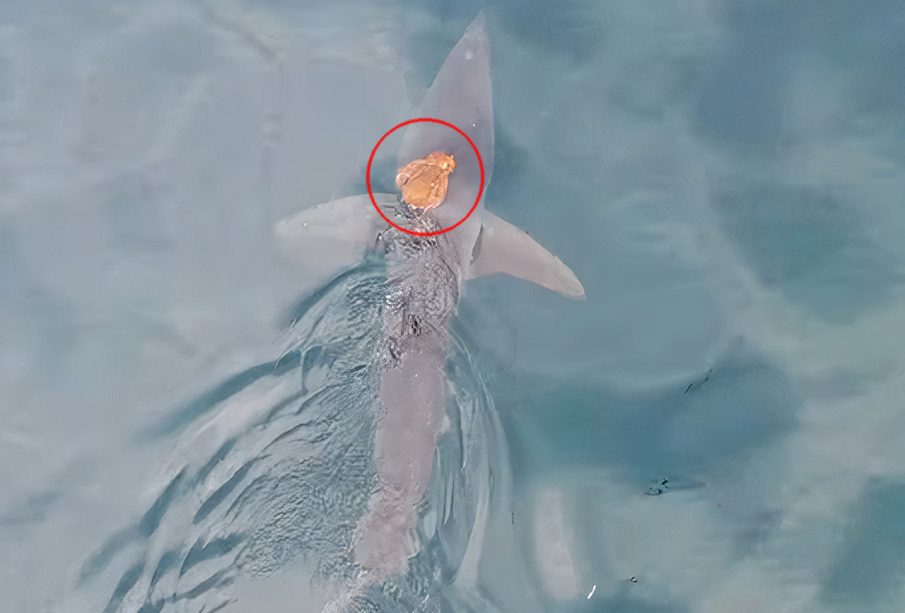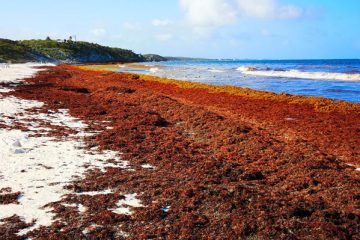The Intriguing Interactions of Mako Sharks and Octopuses

Introduction
The marine world is teeming with fascinating creatures, among which mako sharks and octopuses stand out for their unique traits and behaviors. Understanding their interactions is essential for appreciating the delicate balance of ocean ecosystems. As climate change and human activities impact marine life, studying the dynamics between these two species offers insights into their roles and adaptations within their habitats.
Overview of Mako Sharks
Mako sharks, belonging to the genus Isurus, are some of the fastest sharks in the ocean, capable of swimming at speeds exceeding 60 km/h (37 mph). Known for their agility and streamlined bodies, these sharks are found in both tropical and temperate waters around the globe. Their diet primarily consists of fish and squid, making them formidable predators within the marine food web.
Octopus Characteristics
Octopuses, on the other hand, are highly intelligent invertebrates known for their ability to camouflage, problem-solve, and escape predators. With around 300 species, they inhabit diverse marine environments. Octopuses are recognized for their unique defense mechanisms, such as squirting ink and changing color to blend into their surroundings.
Interactions in the Ocean
While mako sharks and octopuses may not frequently encounter each other, their interactions provide a remarkable view into predator-prey dynamics. Mako sharks are known to prey on octopuses, particularly in areas where these cephalopods are abundant. Consequently, octopuses have developed various evasion strategies to escape predation. Their ability to squeeze into tight spaces or use ink for a quick getaway is vital for survival.
Current Research and Conservation Efforts
Recent studies highlight the need to understand how climate change affects marine biodiversity and species interactions. Efforts are underway to monitor both mako shark and octopus populations, as overfishing and habitat degradation pose significant threats to their survival. Conservation initiatives aim to protect these species and their habitats, ensuring the health of marine ecosystems.
Conclusion
The relationships between mako sharks and octopuses illustrate the complex interdependencies in the ocean’s food web. As researchers continue to study these fascinating interactions, it becomes increasingly clear that protecting marine life is crucial for maintaining ecological balance. The future of both species depends on our commitment to safeguarding their environments amid growing challenges posed by climate change and human intervention.









